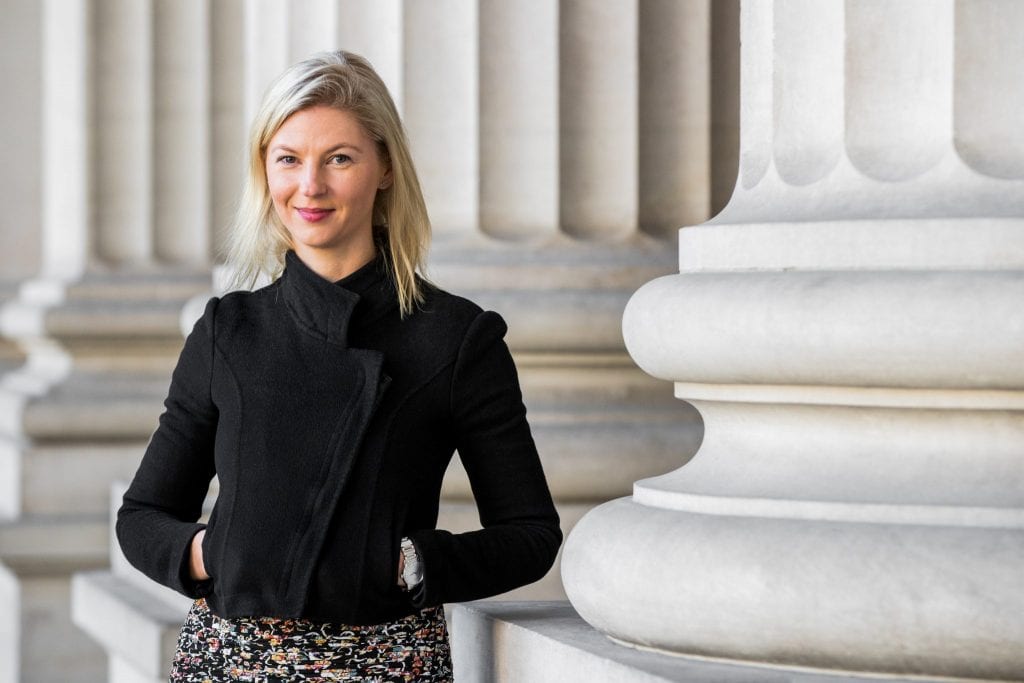Sometimes things burn slowly. A flame creeps along a match stick and you find yourself holding a blackened smoking piece of wood, the impact of the fire itself underwhelming.
Sometimes things explode with the force of a bomb blast.
The acknowledgement and subsequent reckoning regarding the abuse of many women in their place of work by men in positions of power has felt like the latter, even though in reality the sparks have been threatening to take hold for decades. For the first time in history, large trees, their roots reaching deep into the ground, are crashing down left right and centre, and boy, are we are all rushing into the forest to witness it.
I have no doubt that the pace of the recent blaze has fed into its power; the unexpected and fast-moving heat impossible to ignore. As a woman who has clocked up fifteen years in a male dominated industry notorious for its sexism, the speed of this surprise reckoning is exciting. As a writer it presented me with an unexpected dilemma.
You see, at the same time that Harvey was facing the music, I was in the midst of drafting my second book.
The book was set in 2018 and one of the main threads detailed a sexual harassment incident– an incident that can best be described as ‘complicated’. When I started my draft, the #MeToo movement was merely a glint in Donald Trump’s eye. By the time I submitted my draft, it was a full-blown inferno. Editorial queries rolled in. Did I suddenly need to acknowledge this new narrative in the context of the fictional abuse I was detailing? Did my characters need to react differently? Or behave differently in the first place? Should I change the ending of my story to better fit with Oprah’s Oscar rousing speech?
My book suddenly presented an opportunity to show how such issues should be dealt with in this new order. It could be an example of how women are empowered to react in this new climate. Intellectually I understood this, but I felt uneasy. Had all the media noise really changed things at a grassroots level? What even were the new rules of engagement? Was the onus now on women to speak up and use the collective voice they had been gifted? And as a creator of art, did I have some kind of responsibility to present a certain kind of story?
Much of the pressure I received was in relation to revising how my main character reacted to the situation she found herself in. How she ‘dealt’ with it. This feedback came predominantly from my US editors who felt that readers of my book would be dissatisfied with the way I had resolved the story. They argued that because of #MeToo and #TimesUp, readers would desire a more empowering narrative, a ‘happy ending’, so to speak, where justice was served and the bad guy got his comeuppance.
The problem was, it just didn’t ring true for me to have Gemma, my main character, suddenly find the courage to use a voice that I wasn’t convinced she would be able to summon. I wanted her to be a feminist hero, I wanted her to speak for all women but I just didn’t feel it was realistic. Sure, we have all watched and delighted in bad behaviour being called out on the nightly news, we have all witnessed hashtags flitting around cyber space, but most of us haven’t had to actually confront a perpetrator in this new paradigm. And well … frankly, I don’t think it’s really any easier than it used to be.
What if the person who abuses you is a friend? What if you’re worried you will lose your job? Gemma is a strong, modern woman, a senior homicide detective, but in my narrative she is finding her feet in a new workplace. And regardless of her strength, she has all the standard doubts about the abuse inflicted on her. Maybe she led the guy on. Maybe the situation was unclear. Plus, he was drunk? Should that matter? The more I thought about it, the more a Hollywood-style smack down finale felt trite amongst all those shades of grey.
In the end I did change some aspects of the way the story played out. But not dramatically.
I figured that while the #MeToo movement had impacted the cultural landscape and was inching toward real structural and legal change, it was still predominantly a reckoning playing out in high profile industries where the more privileged members of society existed. And I also reasoned we had only been fed the ‘success’ stories. We weren’t seeing the women that were too scared to speak, or those that couldn’t. We weren’t seeing the silent majority, we were seeing the highlights reel.
I think my book is of its time without being a poster child for the #MeToo movement. I think it remains true to the characters, their relationships and their circumstances. But the strange little dance I had to do for the sake of authenticity did highlight the challenge of writing fiction in an era where socially accepted norms can change at breakneck speed. Our world and perhaps our world views are likely to date more quickly than ever.
Fortunately I have never been much of a plotter, and while this approach has caused me an awful lot of rewriting, I’m starting to think it might be a writing style well suited to the times.


